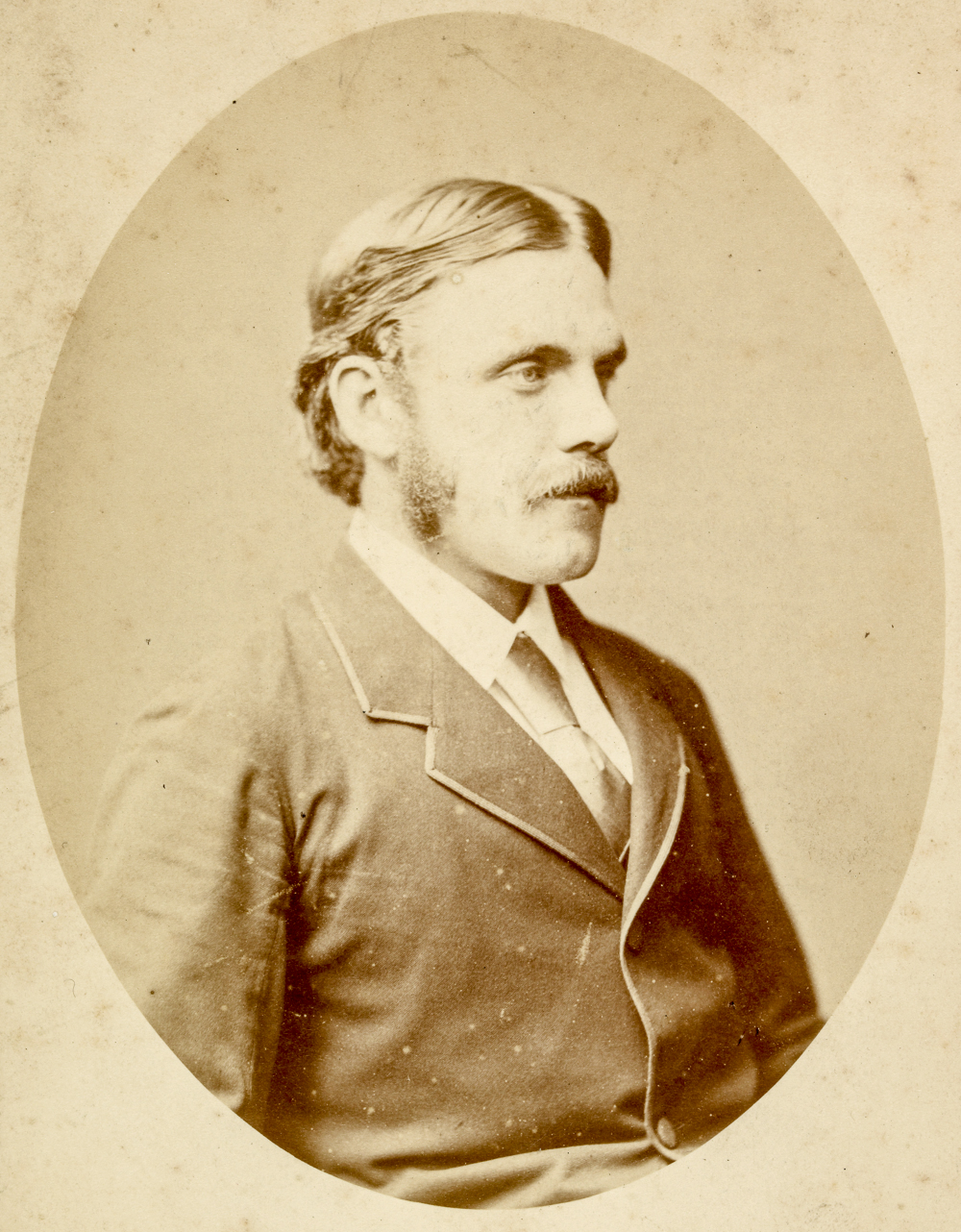Known to his family as 'Frank', Charles Darwin's seventh child himself became a distinguished scientist. He was an undergraduate at Trinity College, Cambridge, initially studying mathematics, but then transferring to natural sciences.
Francis completed his studies at Cambridge, taking third place in first-class honours in the natural sciences tripos in December 1870. The small amount of surviving correspondence with his father while he was a student is largely about money. He had fallen into debt and had kept the matter secret for some months. Darwin was very stern in his advice: 'I have never known a man who was too idle to attend to his affairs & accounts, who did not get into difficulties; & he who habitually is in money difficulties, very rarely keeps scrupulously honourable. . . . My father, who was the wisest man I ever knew, thought it the duty of every man, young & old, to keep an account of his money; & I very unwillingly obeyed him; for I was not always so bothersome an old fellow as I daresay I appear to you' (letter to Francis Darwin, 18 October [1870]).
Francis Darwin was elected to the Royal Society in 1882, the year of his father's death. From 1884 until his resignation in 1904, he taught botany in Cambridge. He was knighted in 1913, the year of his third marriage (his first two wives having died, and his third wife predeceased him). It is noteworthy, of course, that his father had not been knighted, although in 1877 Charles Darwin was awarded an honorary degree from the University of Cambridge. Francis had worked with his father, notably on movement in plants, and they had written a book on this topic together (The Power of Movement in Plants, 1880). Perhaps Francis Darwin, whom the family regarded as a talented writer, is mostly remembered today for his attention to his father's reputation: in 1887 he published an edited version of his father's autobiography, and in the same year, and again in 1905, he published volumes of Charles's selected letters. His Royal Society obituary notice suggests a gifted, straightforward and deeply kind man.
ODNB article: https://doi.org/10.1093/ref:odnb/32717



